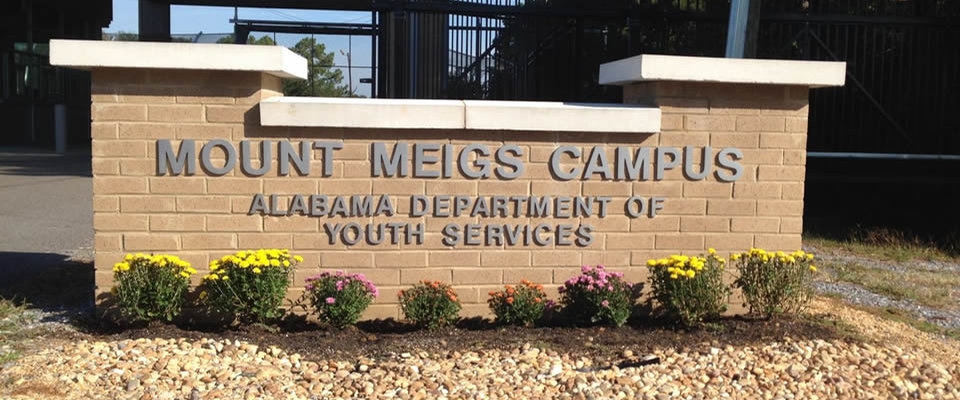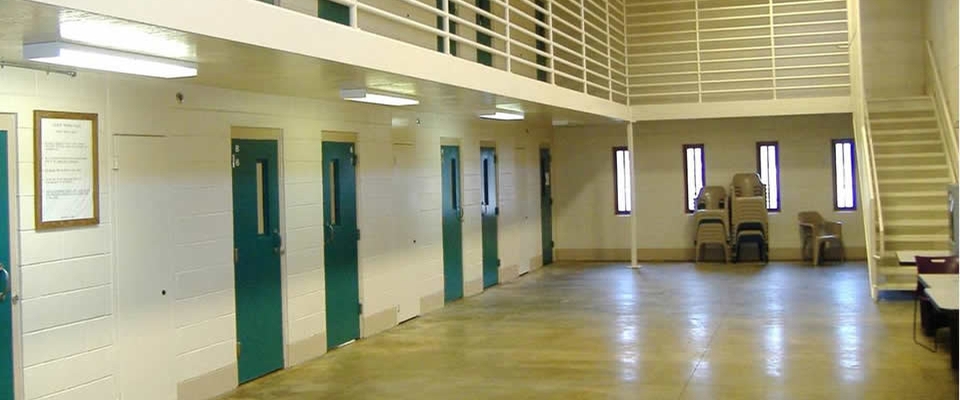Home page of Barry R. Burkhart Laboratory
The Juvenile Delinquency Lab is an active component of Auburn University’s Department of Psychological Sciences. Broad interests include assessment and treatment of problems resulting from violence and victimization with a particular focus on forensic samples with juveniles who have been adjudicated for illegal sexual behavior. Recent research attention has focused on implementing and testing models of trauma informed treatment targeted for this population. With large state contracts and decades of archival data available, numerous research and clinical opportunities are available for both undergraduate and graduate students.
About
The Juvenile Delinquency Lab has been providing treatment and assessment services to the Mount Meigs Campus for over 15 years. The Mount Meigs Campus is located on 780 acres approximately fifteen miles east of downtown Montgomery. Previously known as the “Alabama Boys Industrial School,” it was acquired in 1911 by the State of Alabama and now houses a juvenile correctional facility for nearly 250 adjudicated males. It serves as a high-security, residential facility for the State of Alabama. In 1999 the Alabama State Legislature passed laws mandating that all juveniles adjudicated with illegal sexual behavior receive treatment while incarcerated. The task of treatment was assigned to the Alabama Department of Youth Services (DYS). A partnership was developed between DYS and the Department of Psychology at Auburn University and the School of Social Work at the University of Alabama to develop the Accountability Based Sex Offender Program (ABSOP). The program was developed as a best-practices model which could be used as a prototype for future DYS programs, as well as serve as an example for other agencies. The guiding principles of ABSOP are community safety, holism, and empiricism. By community safety, ABSOP intends to decrease the rate of sexual victimization. No more victims. Sexual victimization does not occur in a vacuum. Treatment must consider the behavioral, biopsychological, cultural, environmental, familial, and developmental contexts in which abnormal and normal sexual behavior occurs. Historically, intervention efforts for sexual behavior problems had little problem-specific empirical basis. ABSOP staff recognized that new, developmentally articulated models of treatment were required. Based on the data returns, such new models were and continue to be created. ABSOP has become an internationally recognized program with one of the lowest recidivism rates measured in the country.
Last Updated: January 11, 2021



